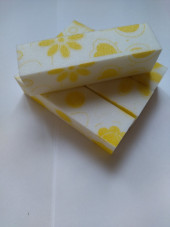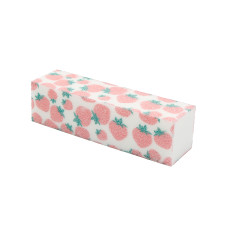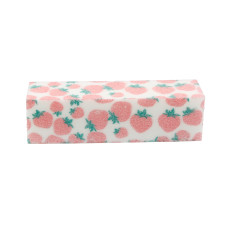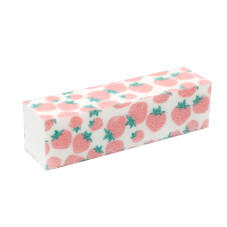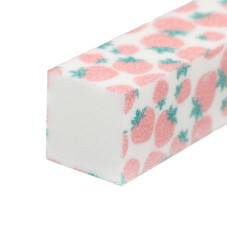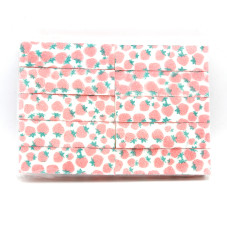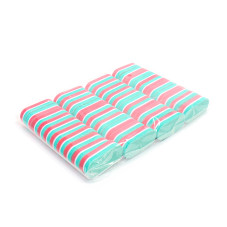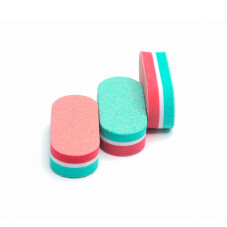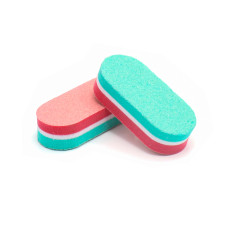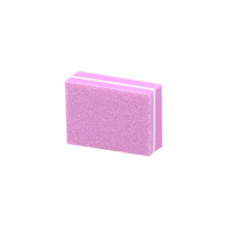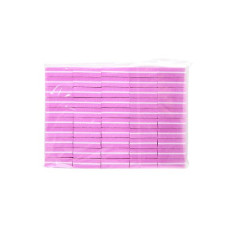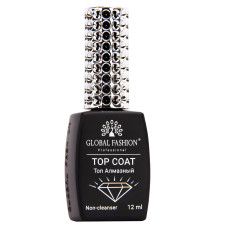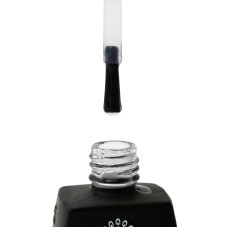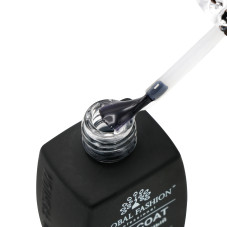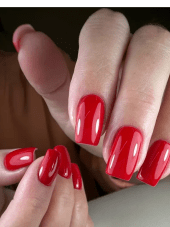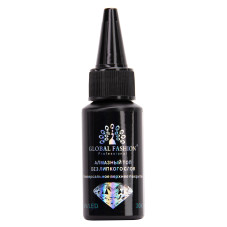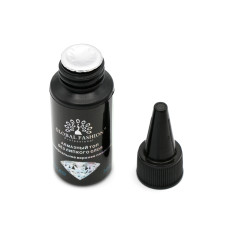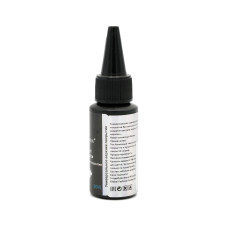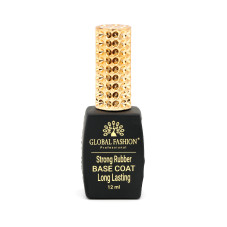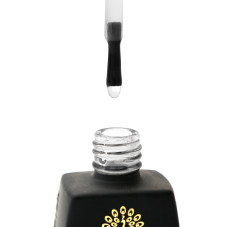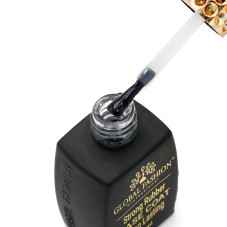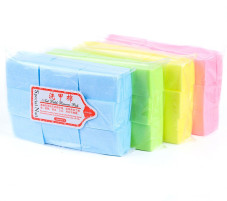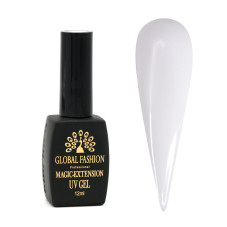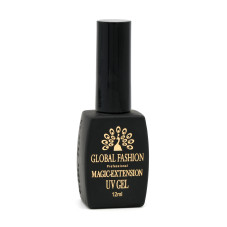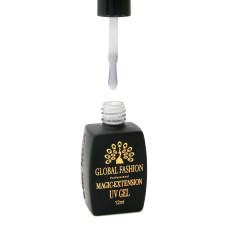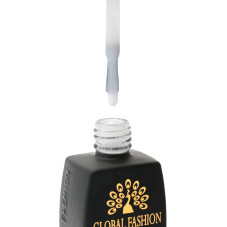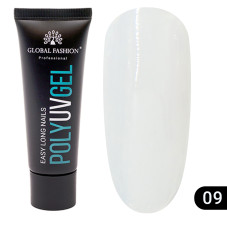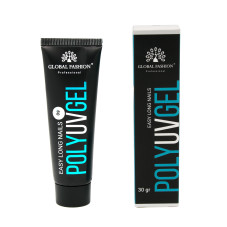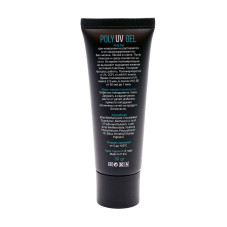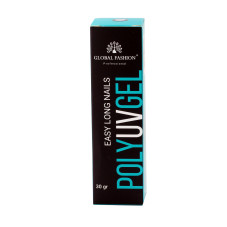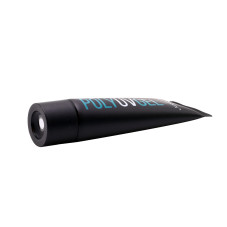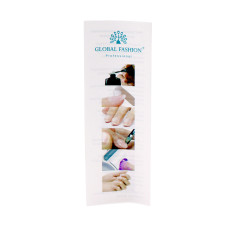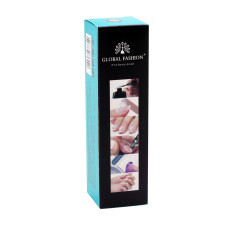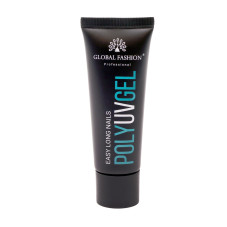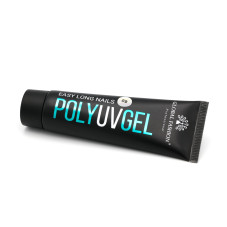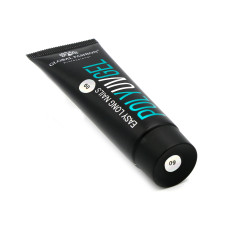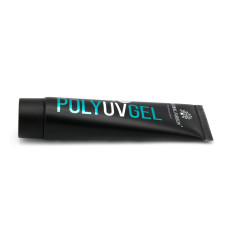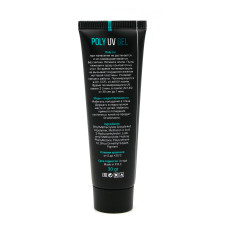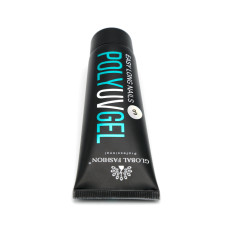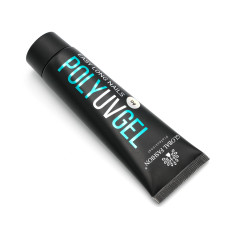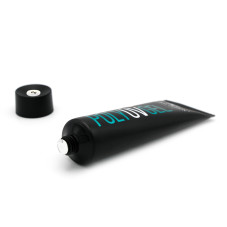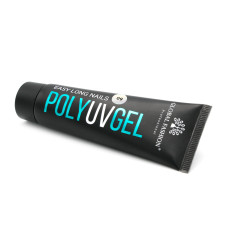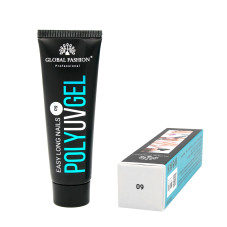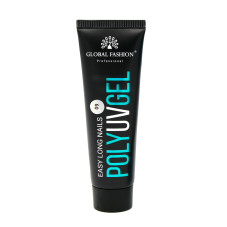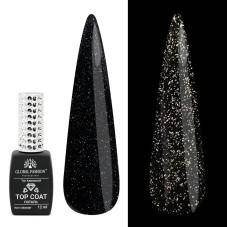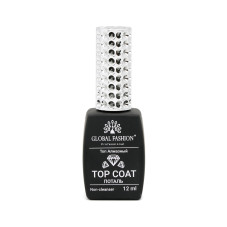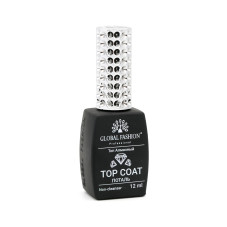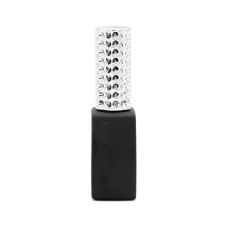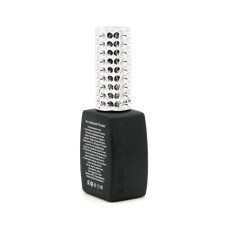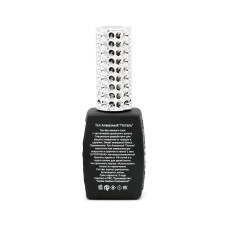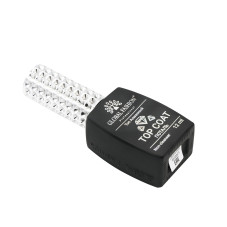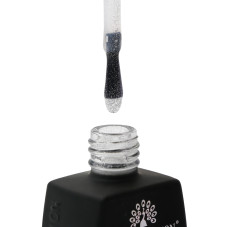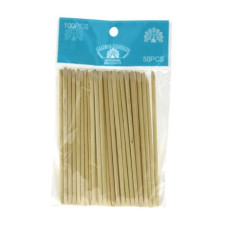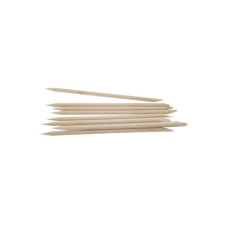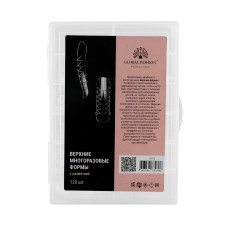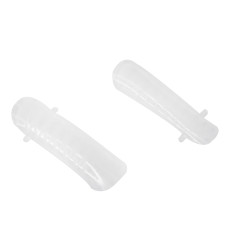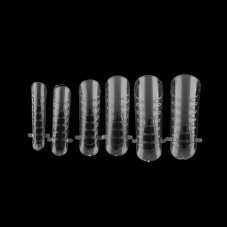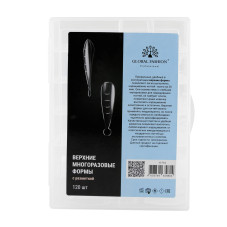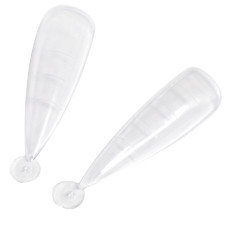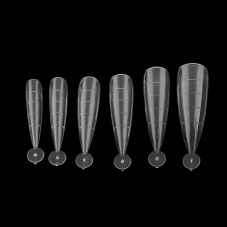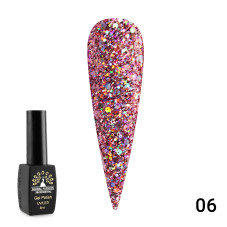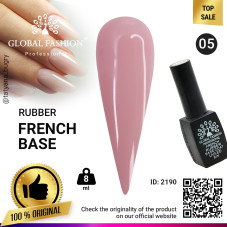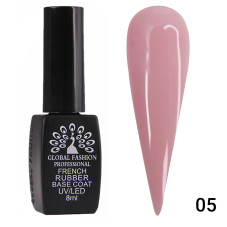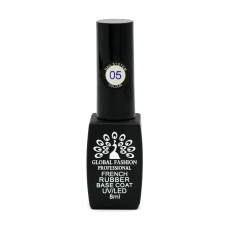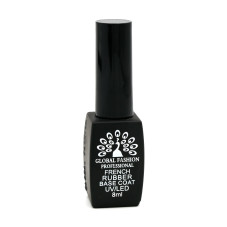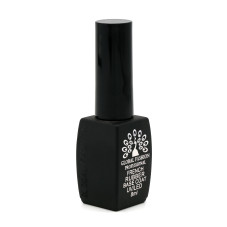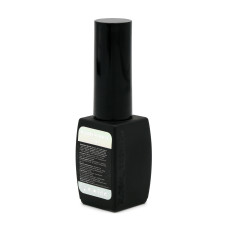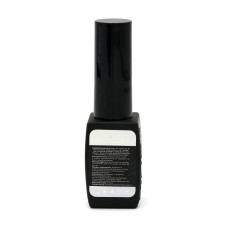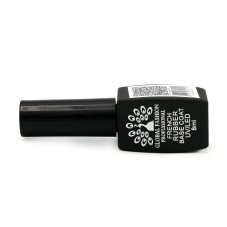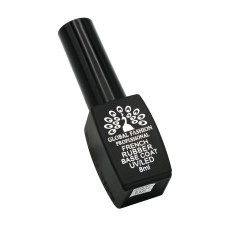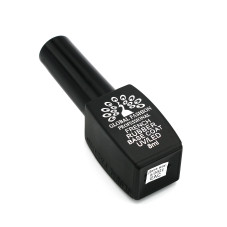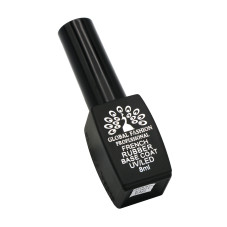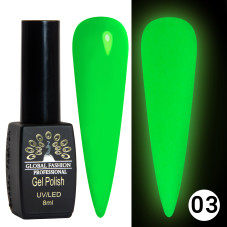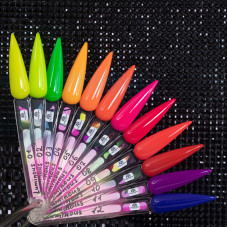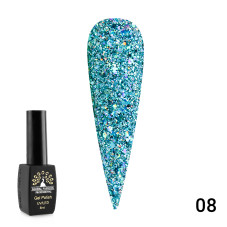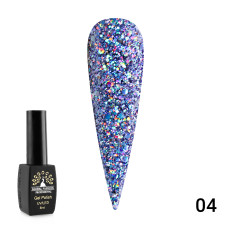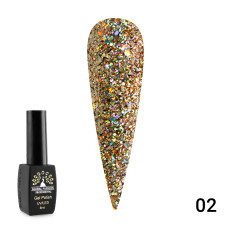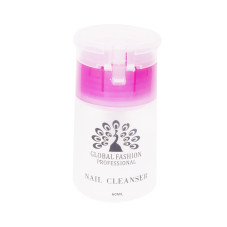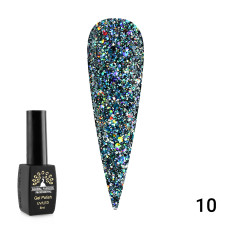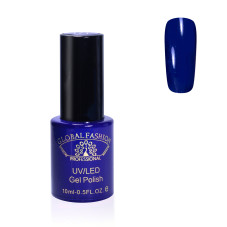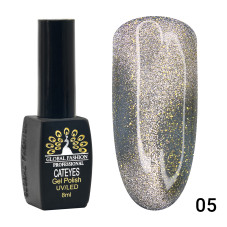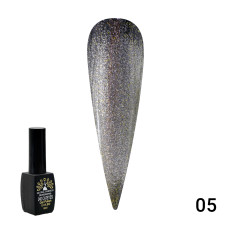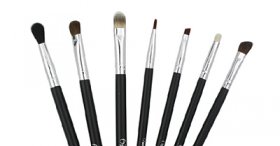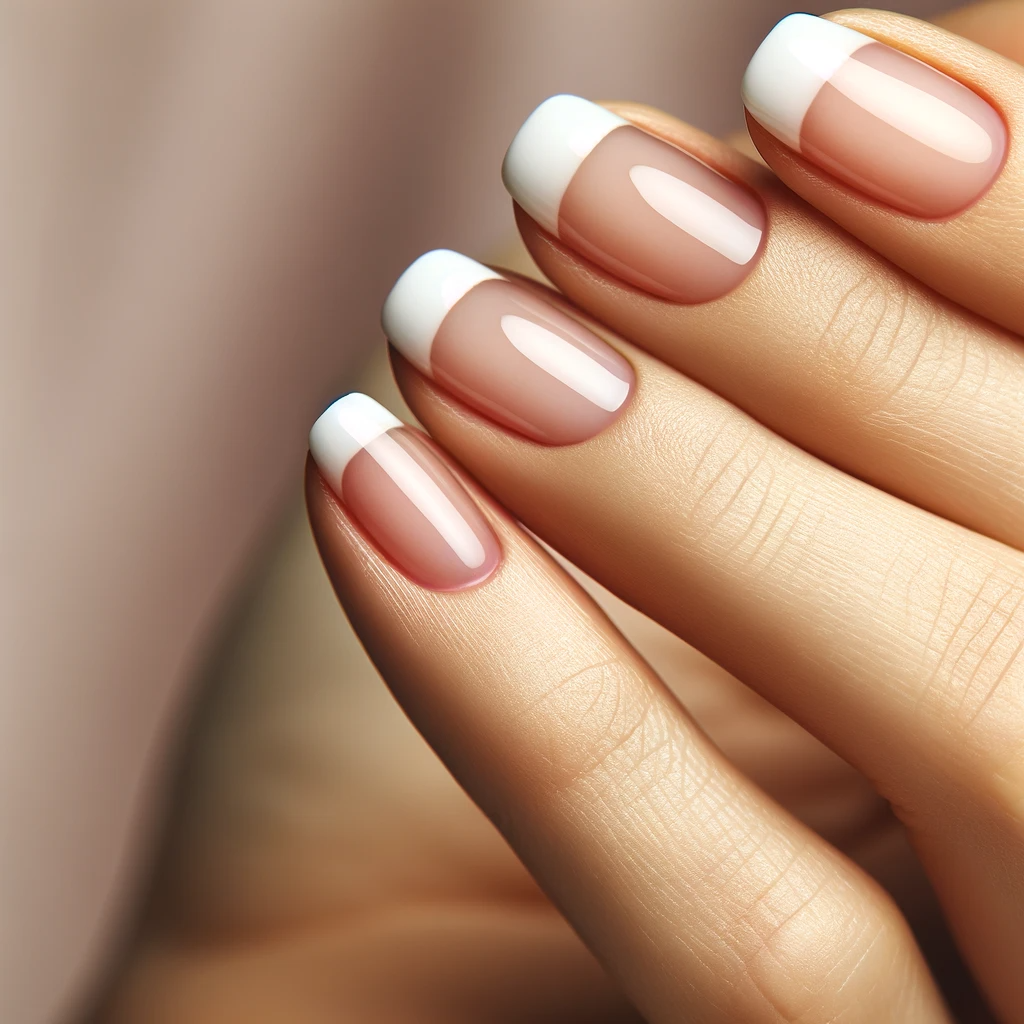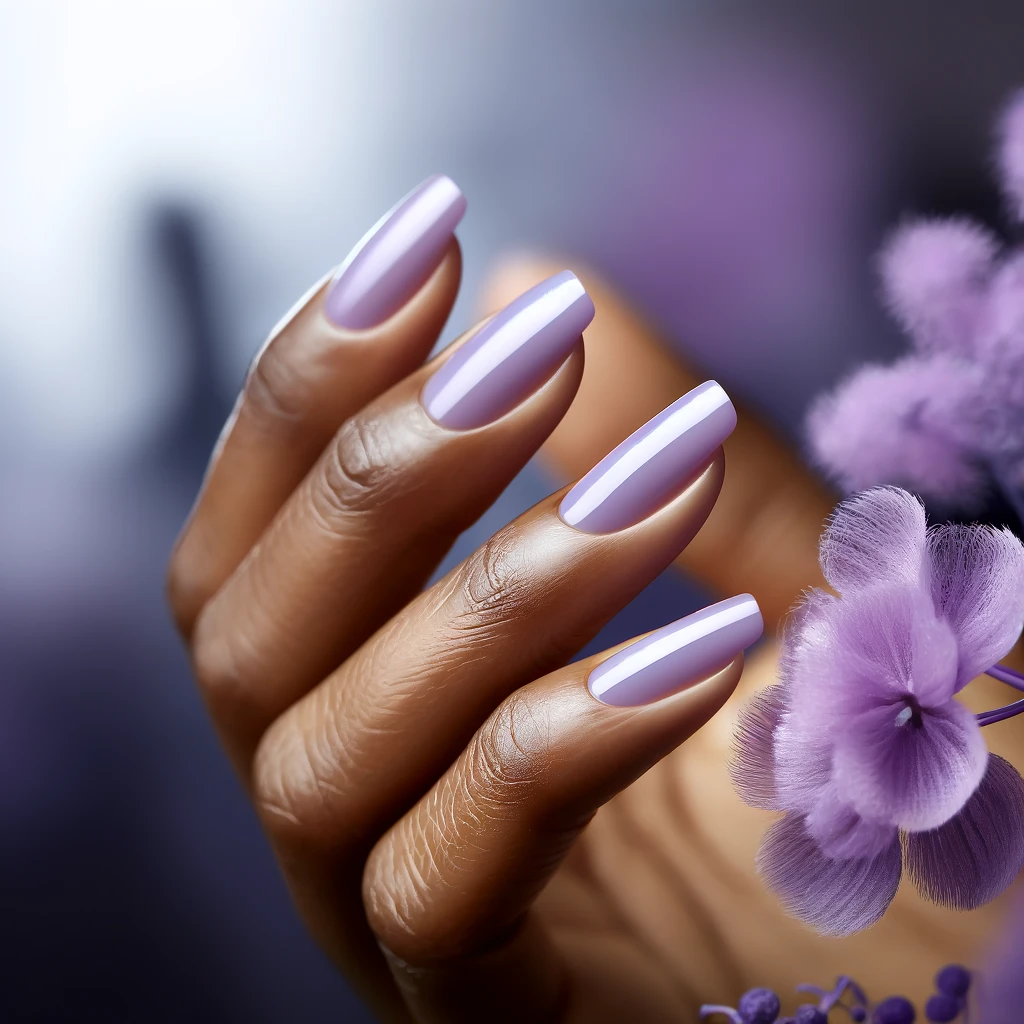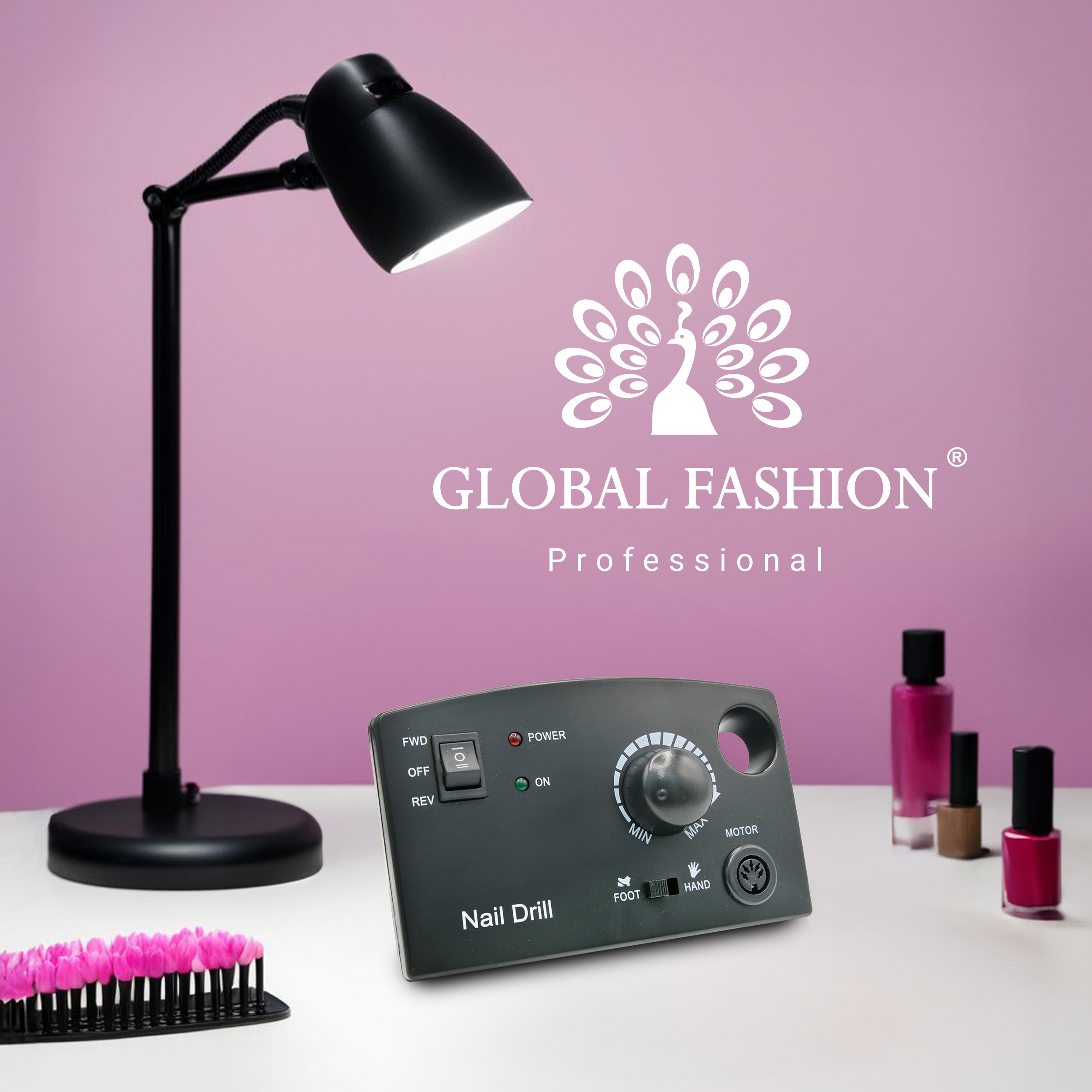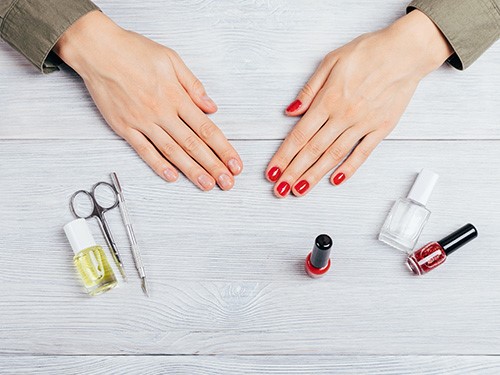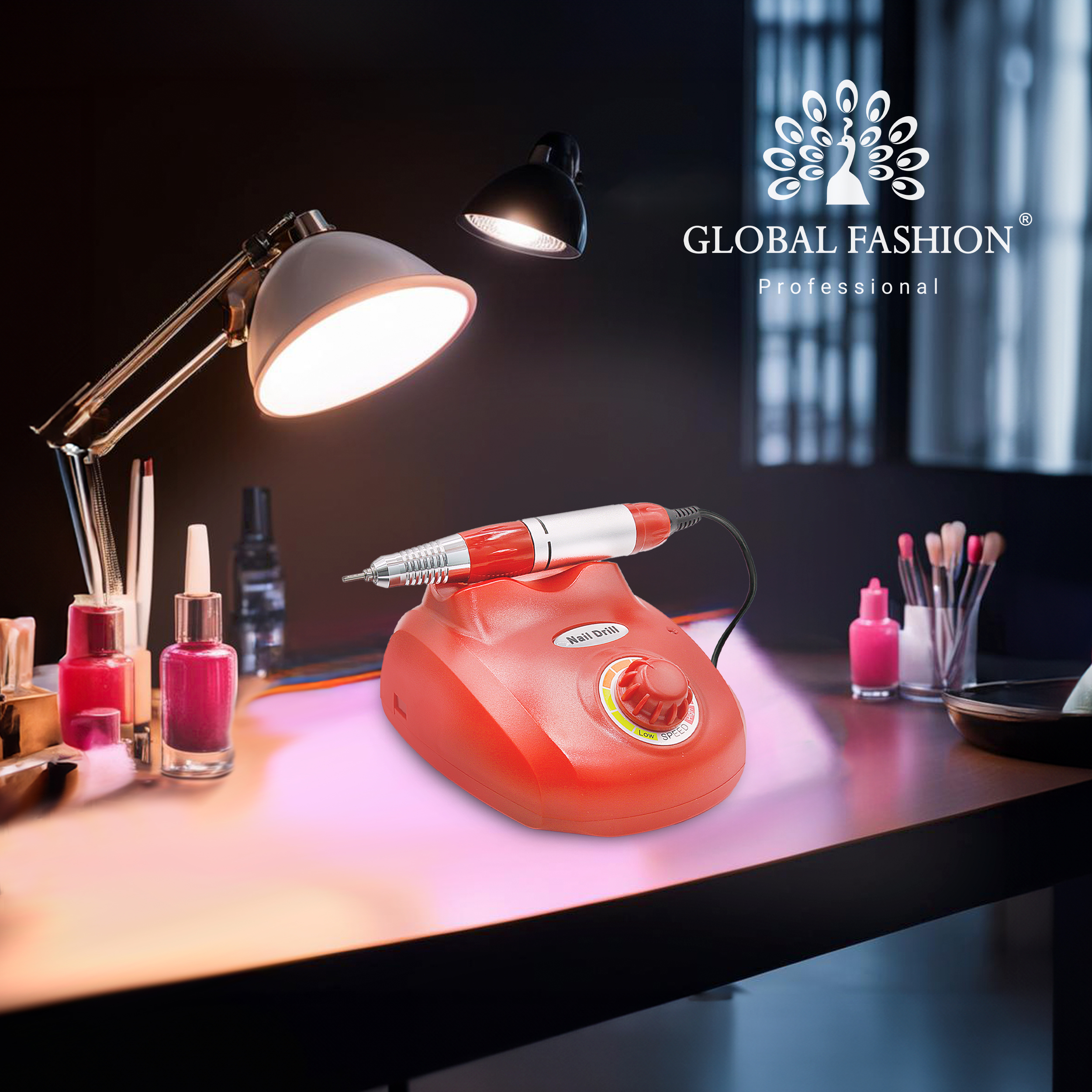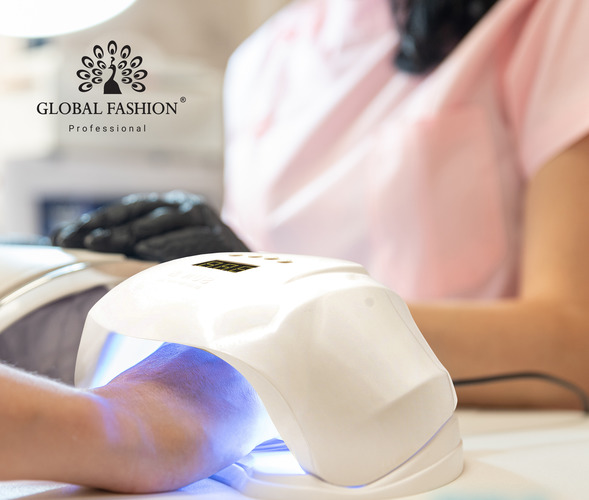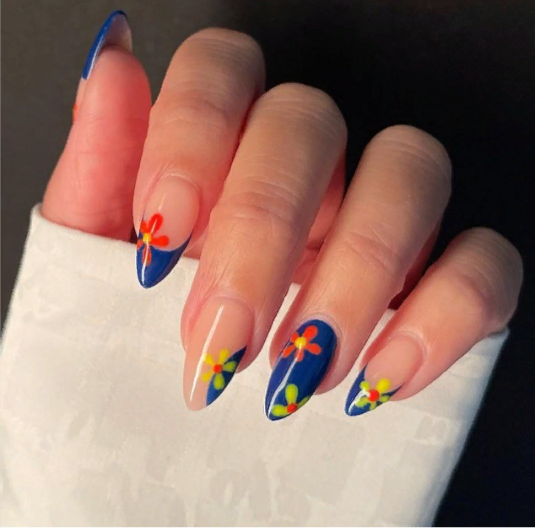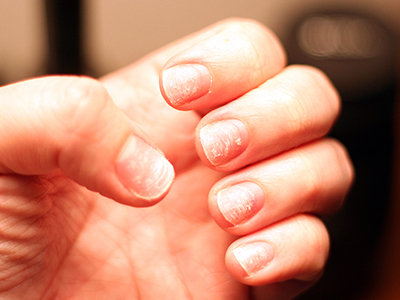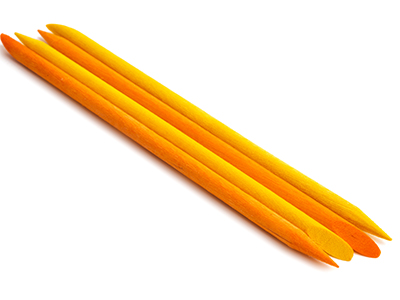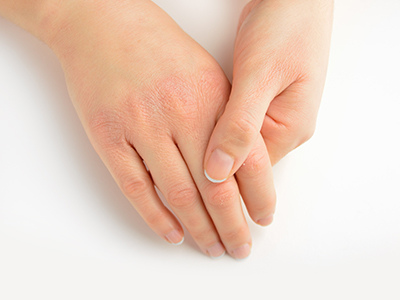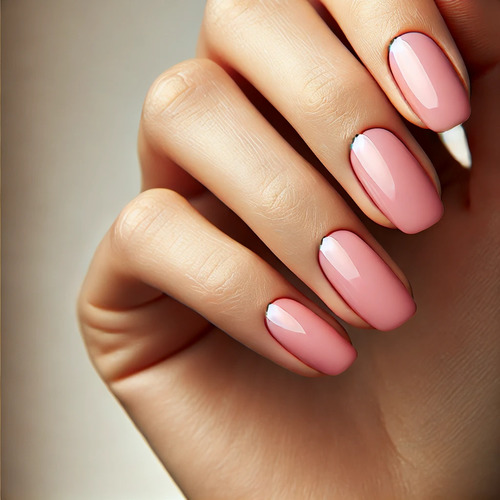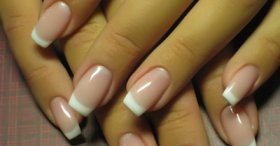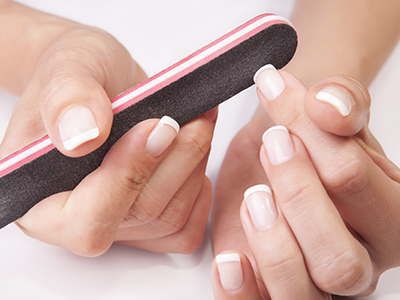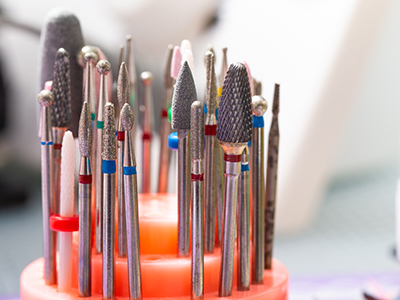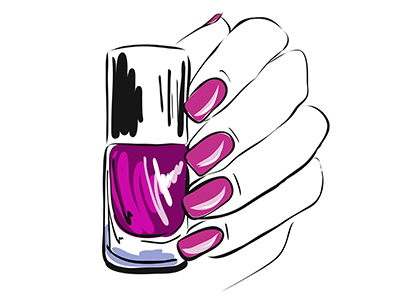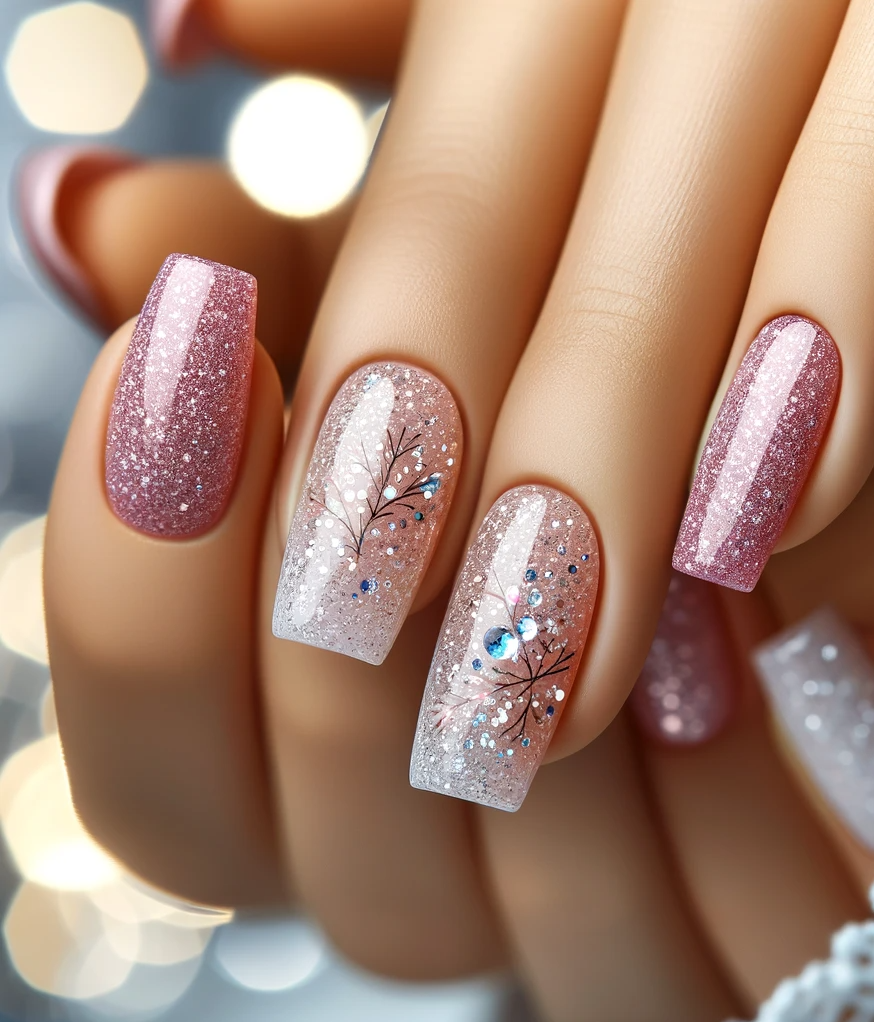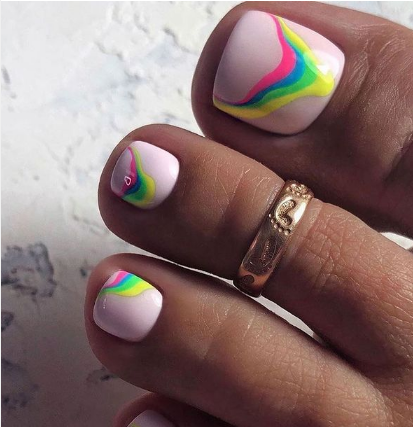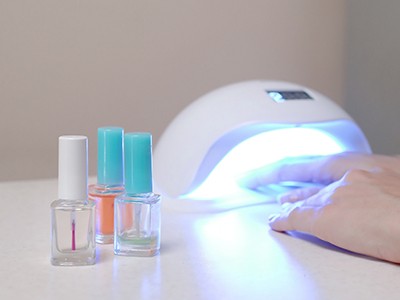Buff for nails: what you need to know about it
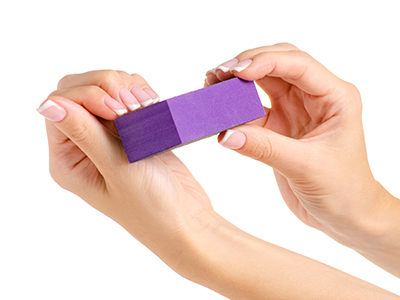
To create a high-quality manicure, you must have high-quality tools in your arsenal. One equally important tool in creating a manicure is a nail polish buff. In some ways it is very similar to a nail file, but at the same time it is significantly different from it. In this article, we will take a closer look at the buff. We will try to explain everything on the «shelves» and show the importance of this tool.
BUFF FOR NAILS: VALUE
Buff for nails - resembles a file, but it differs significantly from it. Buff is used for polishing and grinding natural and artificial forms. Buffs also have abrasiveness, but finer than that of standard files, and it is rarely indicated. Buff is a multifunctional tool - it becomes a worthy replacement for some professional procedures and is convenient for home use.
TYPES OF NAIL BUFFS AND MAIN FUNCTIONS
In addition to abrasiveness, the working surface of the buff also differs in the material from which the sides of the instrument are made. Depending on this, buffets are of the following types:
Suede - these options are made from suede. They are considered to be of average quality, they do not respond well to disinfection. They may have plastic handles. The product can be used both at home and in the salon. In a professional environment, they are processed in special cabinets.
Polyethylene foam is a popular product. This option has many advantages - low cost, durability, and the possibility of disinfection.
Silicone - durable, inexpensive, cleanable and sterilizable.
The fabric buffs are of high quality. Suitable for working with natural nails. Very flexible, elastic compared to other options. Among the disadvantages of the product, it is worth noting their high cost and the inability to disinfect.
In addition to abrasiveness, the working surface of the buff also differs in the material from which the sides of the instrument are made. Depending on this, buffets are of the following types:
Suede - these options are made from suede. They are considered to be of average quality, they do not respond well to disinfection. They may have plastic handles. The product can be used both at home and in the salon. In a professional environment, they are processed in special cabinets.
Polyethylene foam is a popular product. This option has many advantages - low cost, durability, and the possibility of disinfection.
Silicone - durable, inexpensive, cleanable and sterilizable.
The fabric buffs are of high quality. Suitable for working with natural nails. Very flexible, elastic compared to other options. Among the disadvantages of the product, it is worth noting their high cost and the inability to disinfect.
MAIN FUNCTIONS OF NAIL BUFF
- Grinding, polishing of natural and extended nail plates.
- Correction of natural epidermis detachments.
- Length correction and polishing of natural nails.
- Leveling the surface when working with artificial materials.
- Preparation of the plate before applying the gel polish.
- Also with a buff, you can remove rough skin from the periungual rollers, burrs, cuticles and seal the detachment of the plate.
- Grinding, polishing of natural and extended nail plates.
- Correction of natural epidermis detachments.
- Length correction and polishing of natural nails.
- Leveling the surface when working with artificial materials.
- Preparation of the plate before applying the gel polish.
- Also with a buff, you can remove rough skin from the periungual rollers, burrs, cuticles and seal the detachment of the plate.
BUFF ABRASIVENESS
The abrasiveness of the buff determines the hardness of the sides and shows which type of nails it is best used for and what functions it performs. Polishing can be done with buffs with different abrasiveness. Depending on the abrasiveness index, there is the following classification:
- Abrasiveness 60-80 grit - used for pedicure or artificial nails. The processing is rather rough. Working with acrylic and polymer.
- Abrasiveness 100-150 grit - suitable for making corrections before applying gel polish. Varieties marked 100-150 grit are ideal for polishing toenails and post-build treatments.
- Abrasiveness 150-240 grit is used for filing the tip on natural nails or sanding artificial ones.
- Abrasiveness over 300 grit - the softest and finest. It is used for delicate polishing of natural nails to a natural shine. This bar is used to perform a regular manicure.
The abrasiveness of the buff determines the hardness of the sides and shows which type of nails it is best used for and what functions it performs. Polishing can be done with buffs with different abrasiveness. Depending on the abrasiveness index, there is the following classification:
- Abrasiveness 60-80 grit - used for pedicure or artificial nails. The processing is rather rough. Working with acrylic and polymer.
- Abrasiveness 100-150 grit - suitable for making corrections before applying gel polish. Varieties marked 100-150 grit are ideal for polishing toenails and post-build treatments.
- Abrasiveness 150-240 grit is used for filing the tip on natural nails or sanding artificial ones.
- Abrasiveness over 300 grit - the softest and finest. It is used for delicate polishing of natural nails to a natural shine. This bar is used to perform a regular manicure.
THE MEANING OF THE SIDES OF THE BUFF
Buffs are usually made in the form of bulky four-sided bars. What each side matters. Let's figure it out in order.
The first side is a regular file that allows you to shorten or shape your nails.
The second side - allows you to remove all irregularities and burrs from the nail plate.
The third side is intended for grinding irregularities and removing the smallest imperfections.
The fourth side - this side allows you to polish the nail to a shine.
Buffs are usually made in the form of bulky four-sided bars. What each side matters. Let's figure it out in order.
The first side is a regular file that allows you to shorten or shape your nails.
The second side - allows you to remove all irregularities and burrs from the nail plate.
The third side is intended for grinding irregularities and removing the smallest imperfections.
The fourth side - this side allows you to polish the nail to a shine.
NOTE: At the current time on sale you can find a huge number of a wide variety of buffs, designed for both professional and home use. In the Global Fashion store you will find high quality buffs.
(5)
72 bought
ID: 5272
89 ֏
257 bought
ID: 5255
664 ֏
Always take care of your nails. Use only quality materials for their care.
Published: 01.06.2021 10:54
Times Read: 29875
6692 bought
ID: 3678
1 239 ֏
3345 bought
ID: 3688
2 213 ֏
2329 bought
ID: 1863
1 549 ֏
1494 bought
ID: 11773
885 ֏
210 bought
ID: 11600
1 317 ֏
-15%
240 bought
ID: 2190
941 ֏
-15%
194 bought
ID: 11951
885 ֏
-20%
163 bought
ID: 11602
1 317 ֏
-15%
225 bought
ID: 11598
1 239 ֏
-20%
206 bought
ID: 11596
1 317 ֏
-15%
139 bought
ID: 11604
1 317 ֏
-15%
The minimum set of makeup brushes
Flat synthetic brush oval Makeup artists call it "cat tongue", but would be better if we didn't know that..
